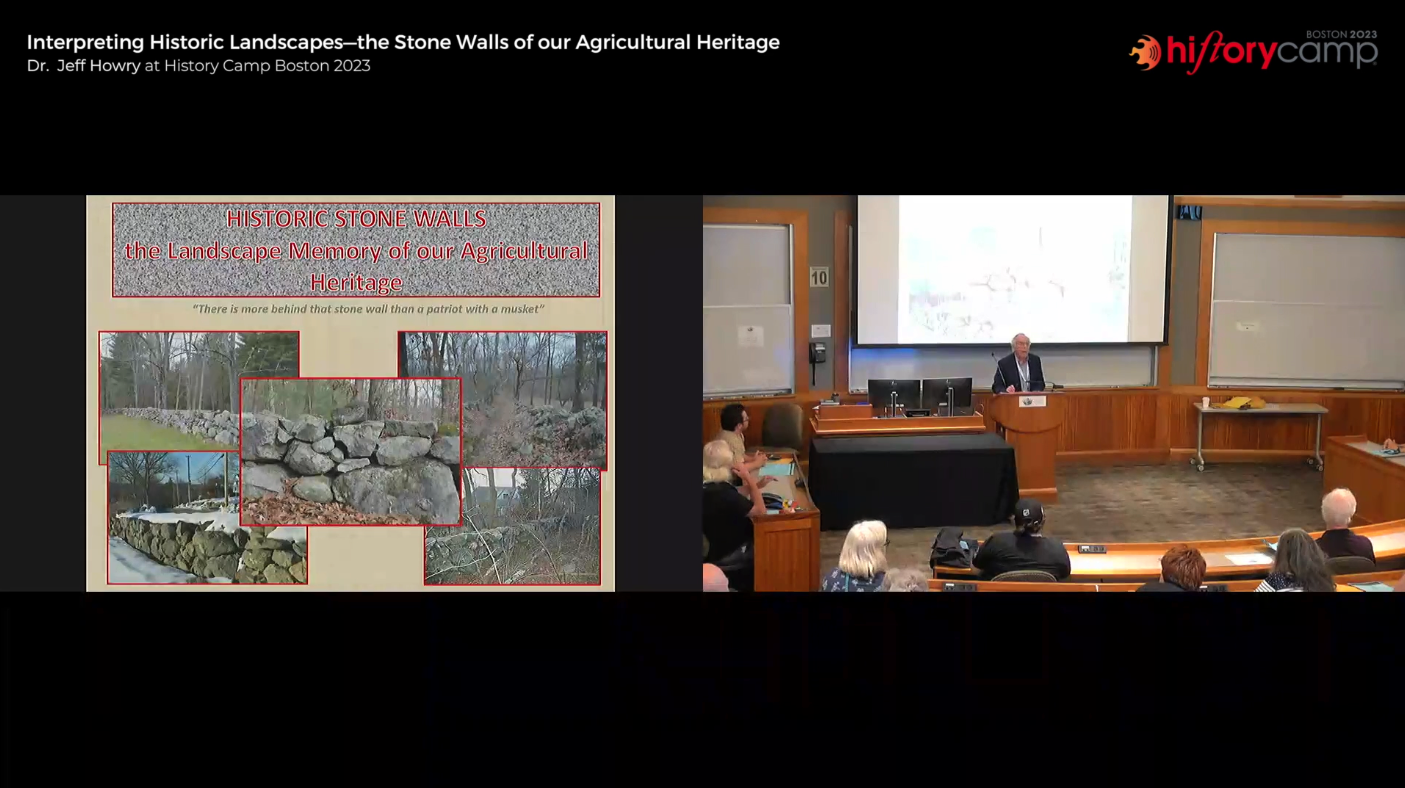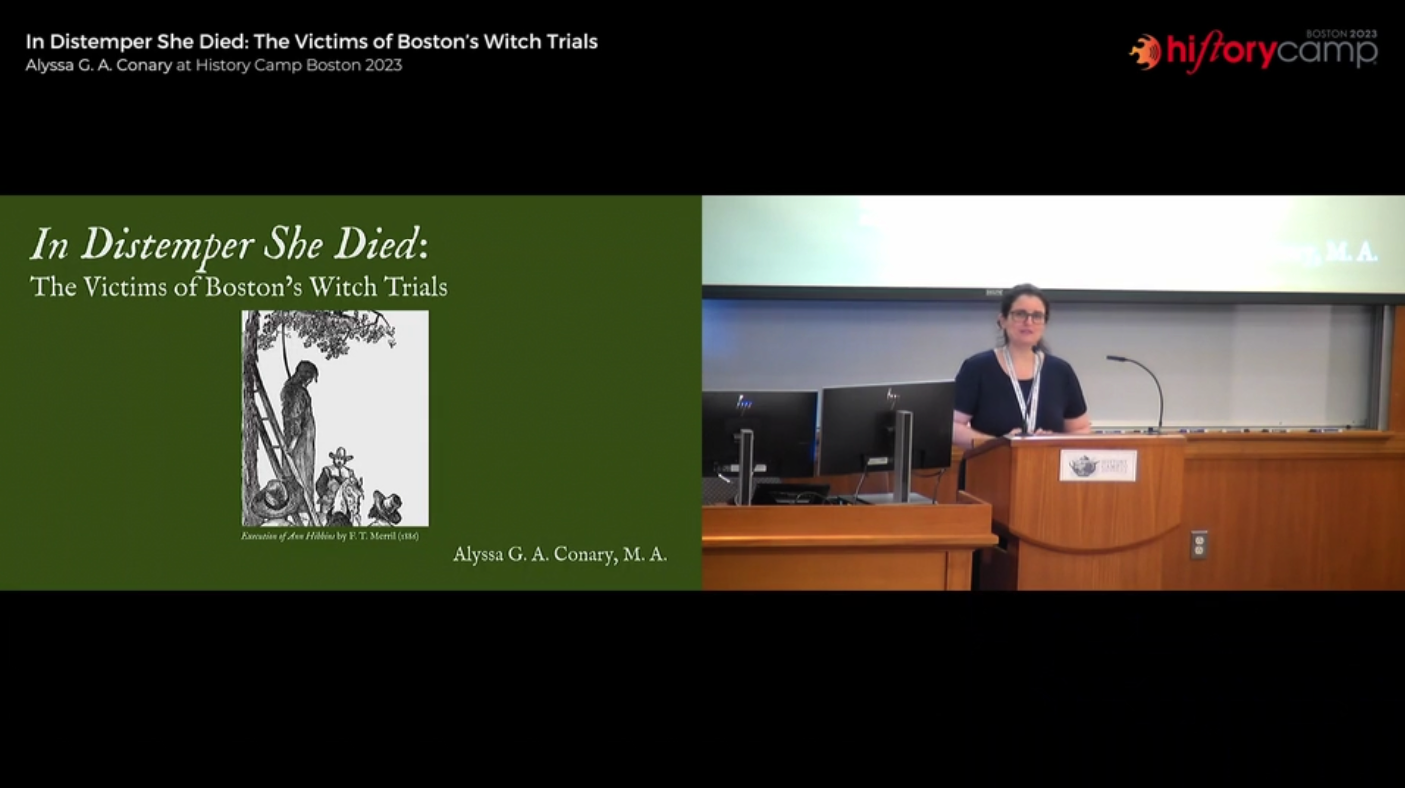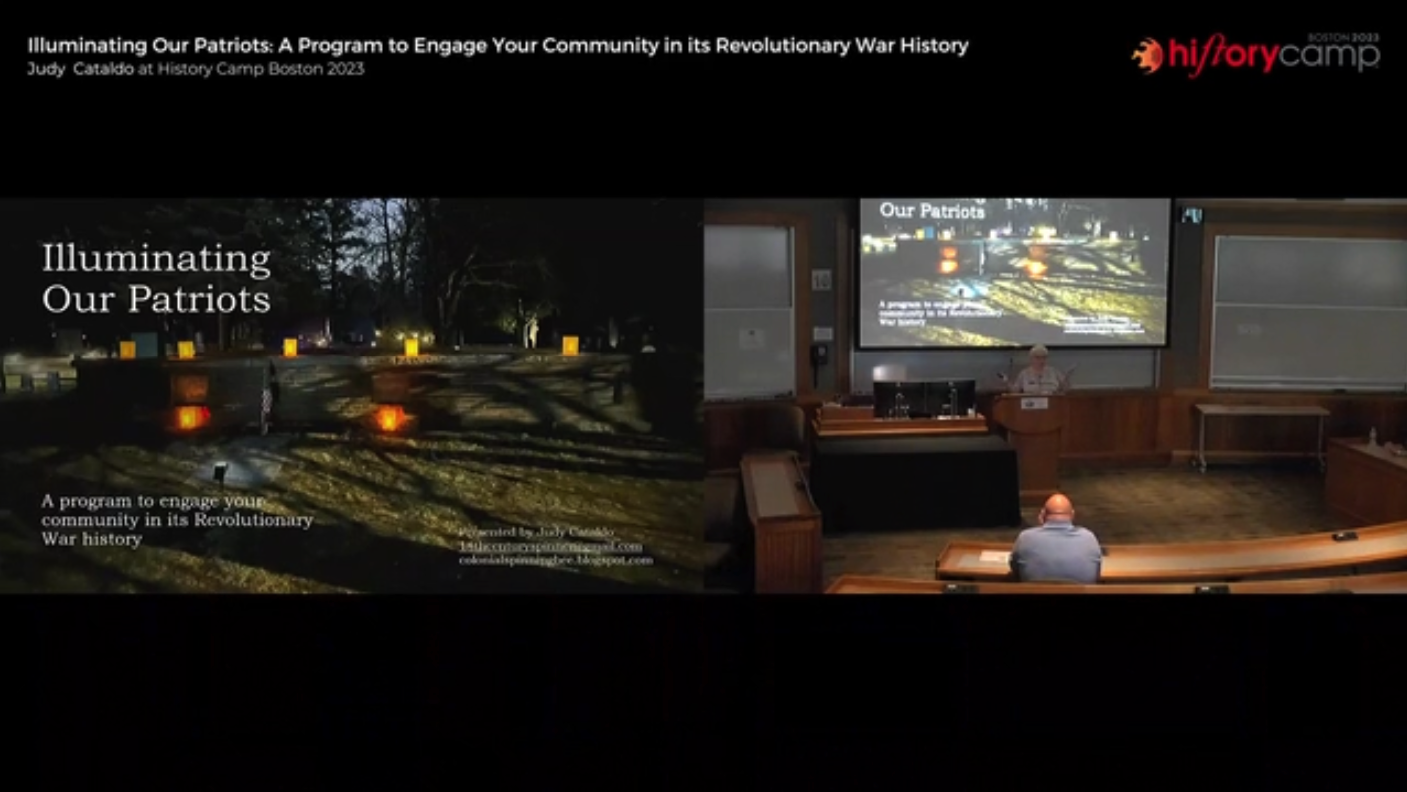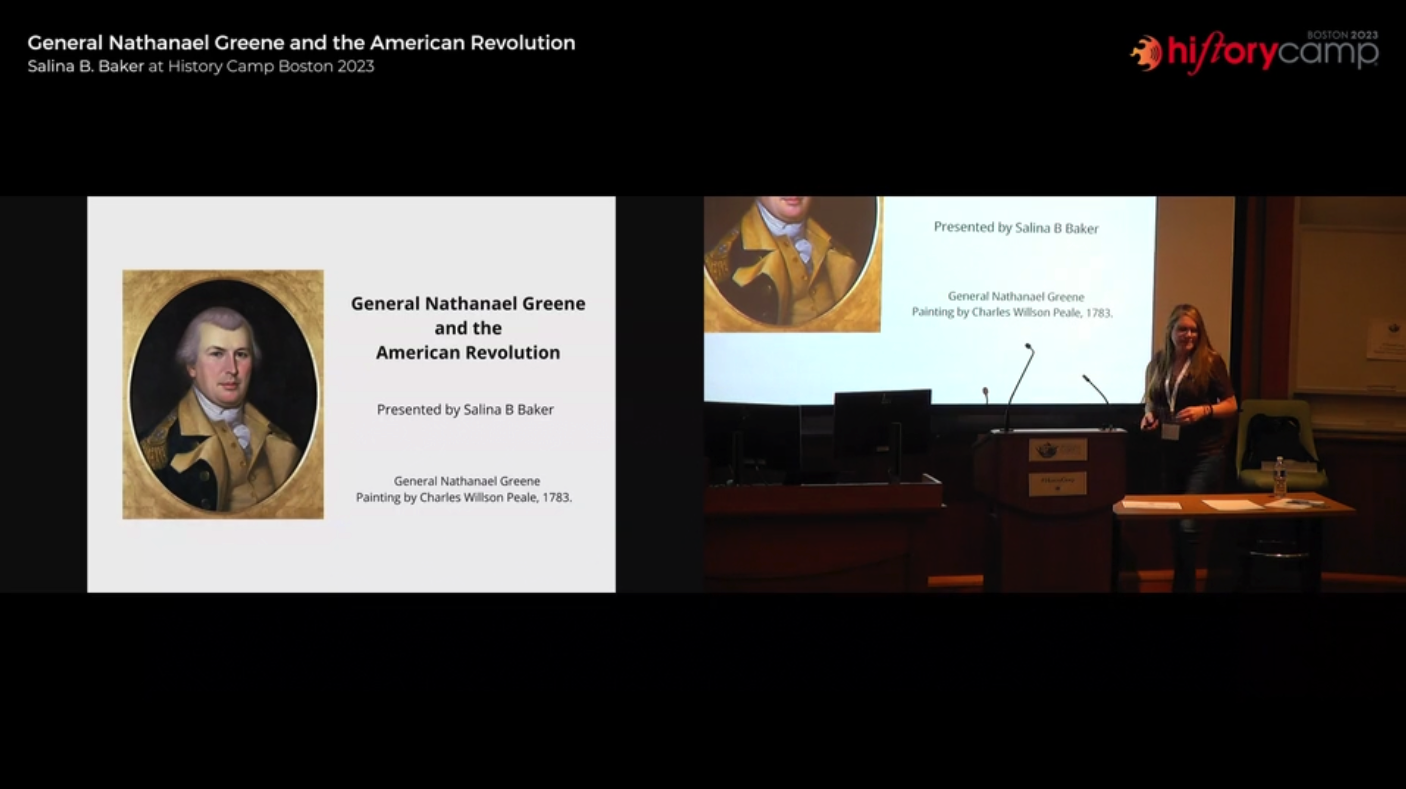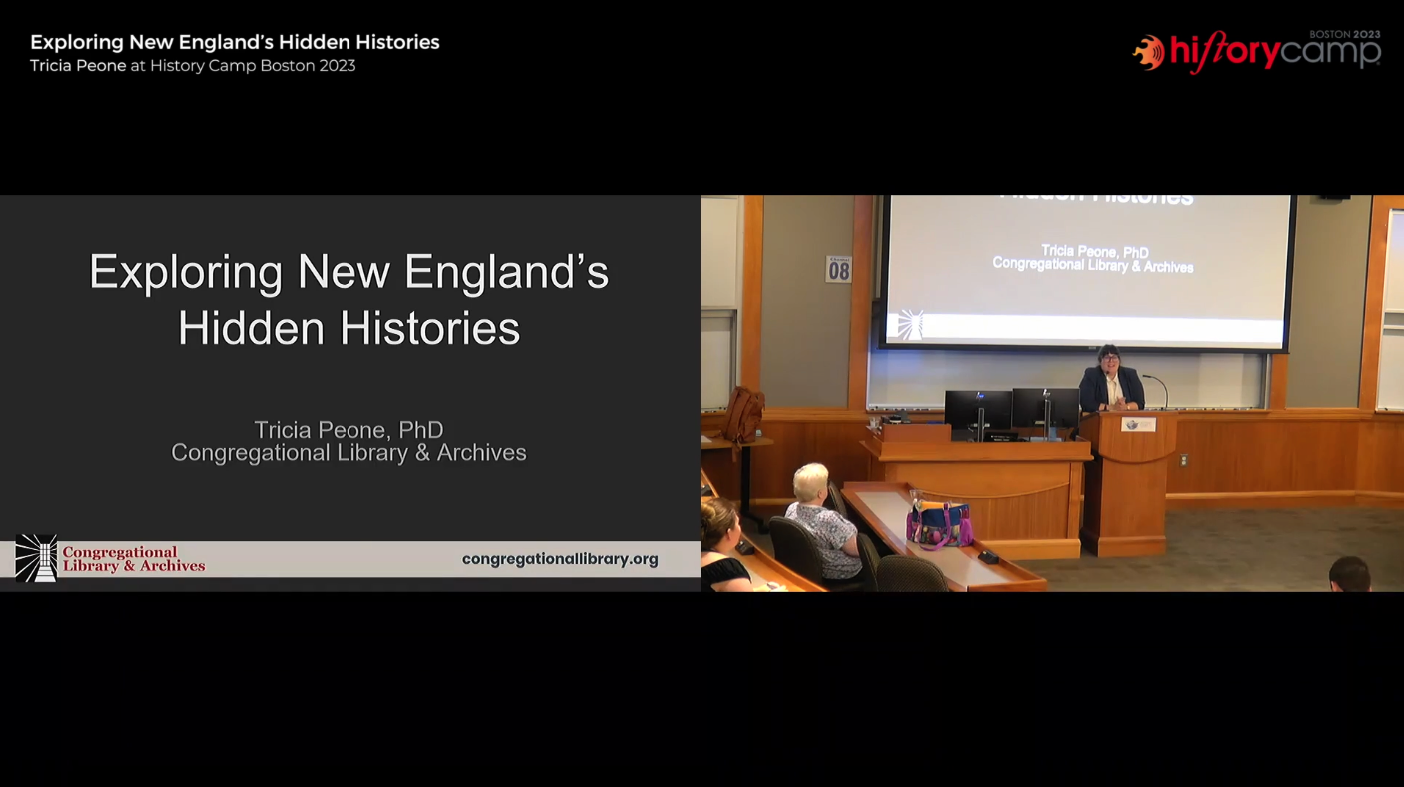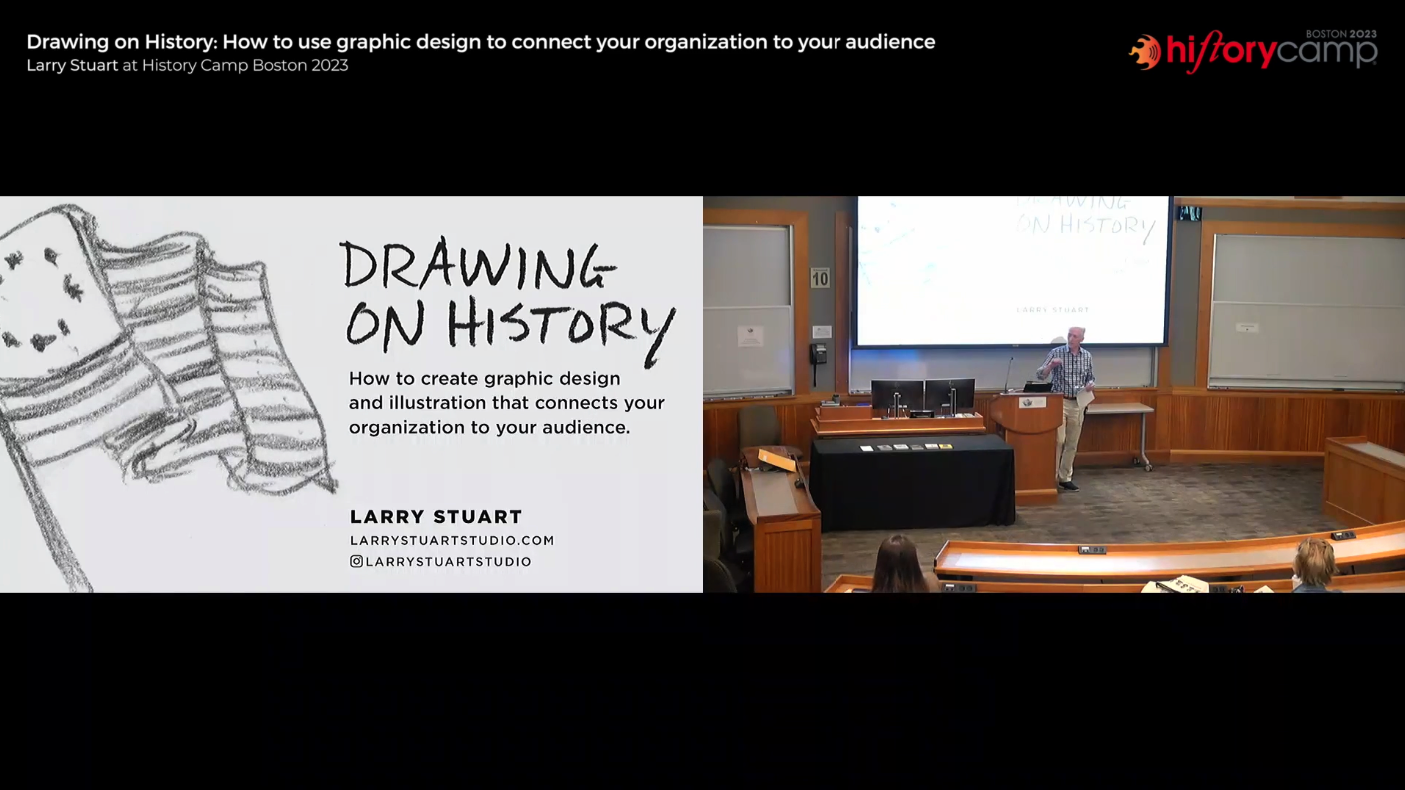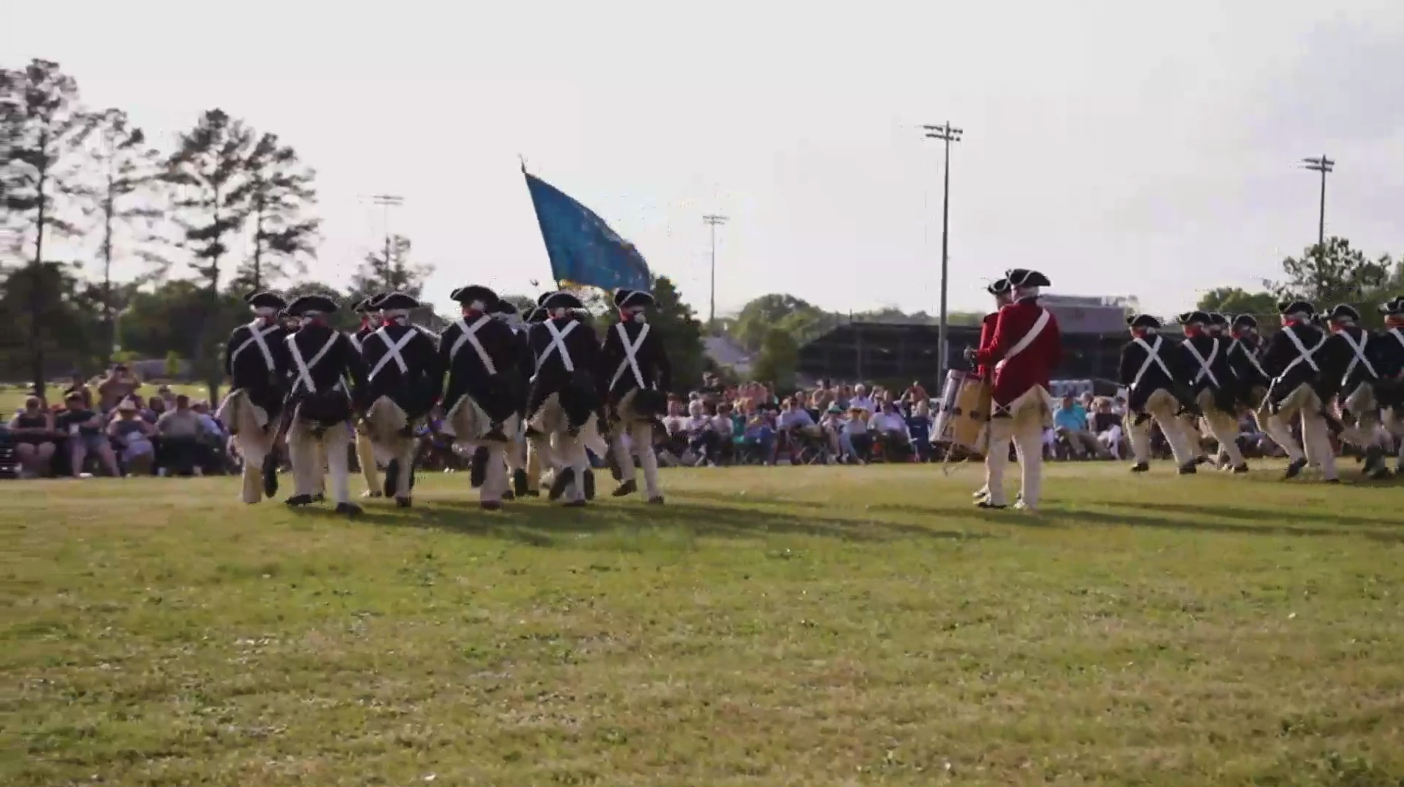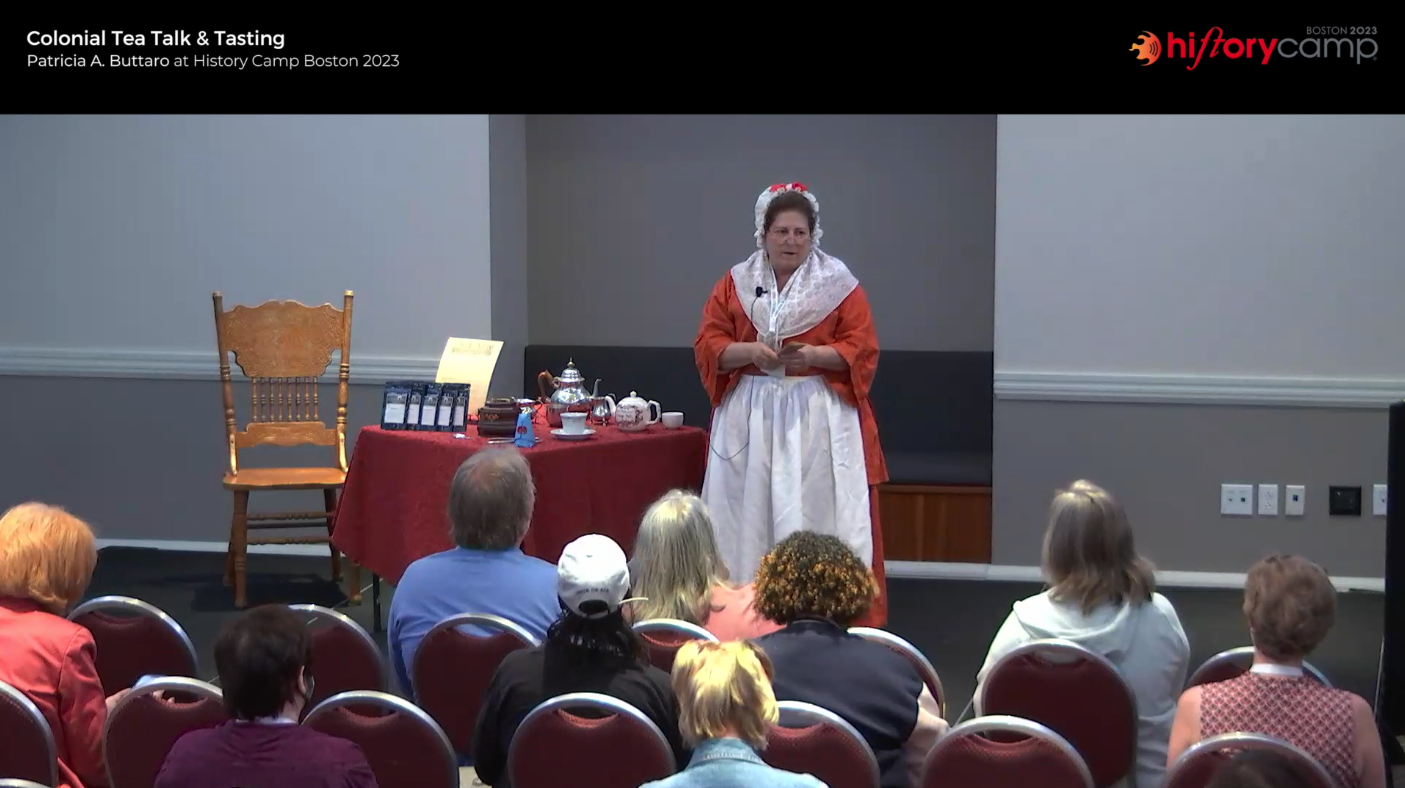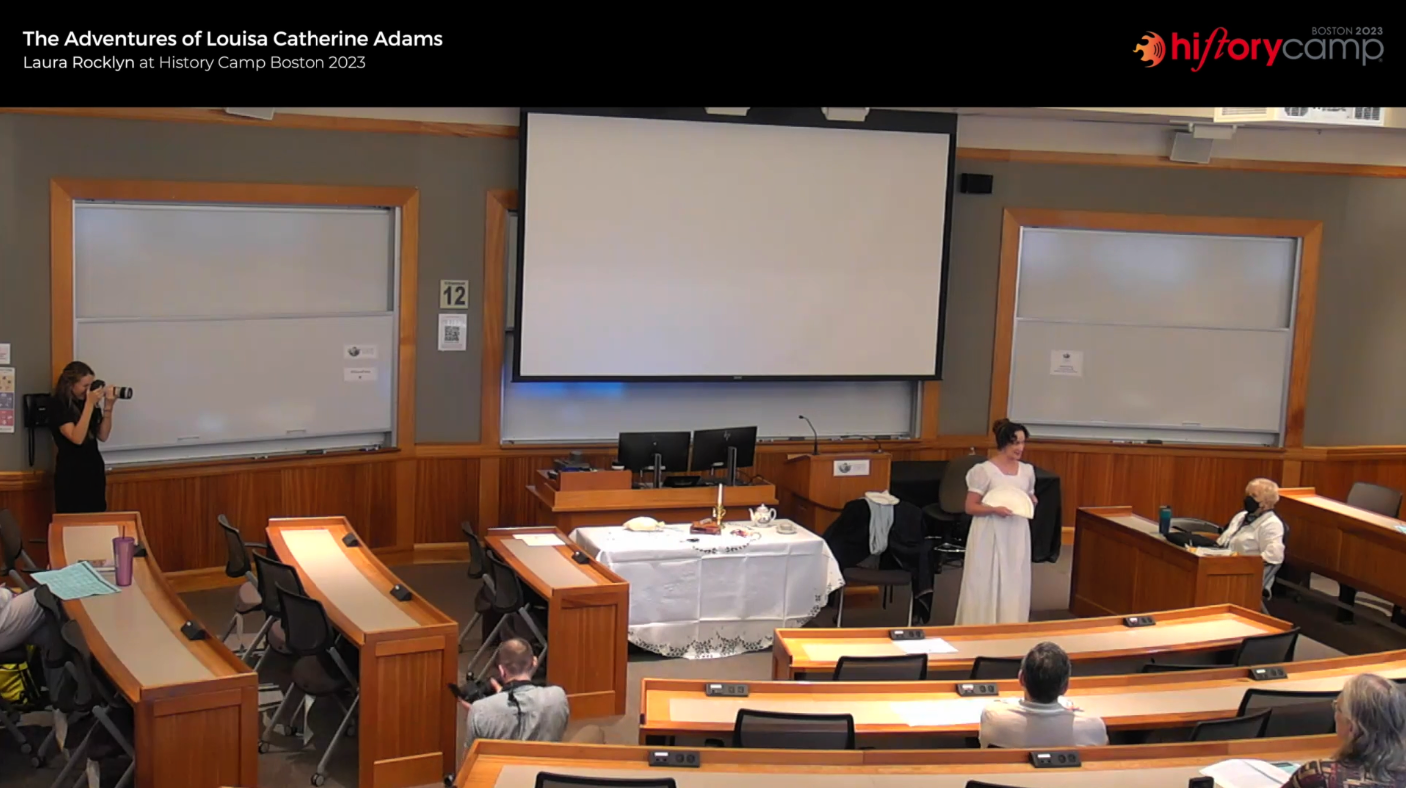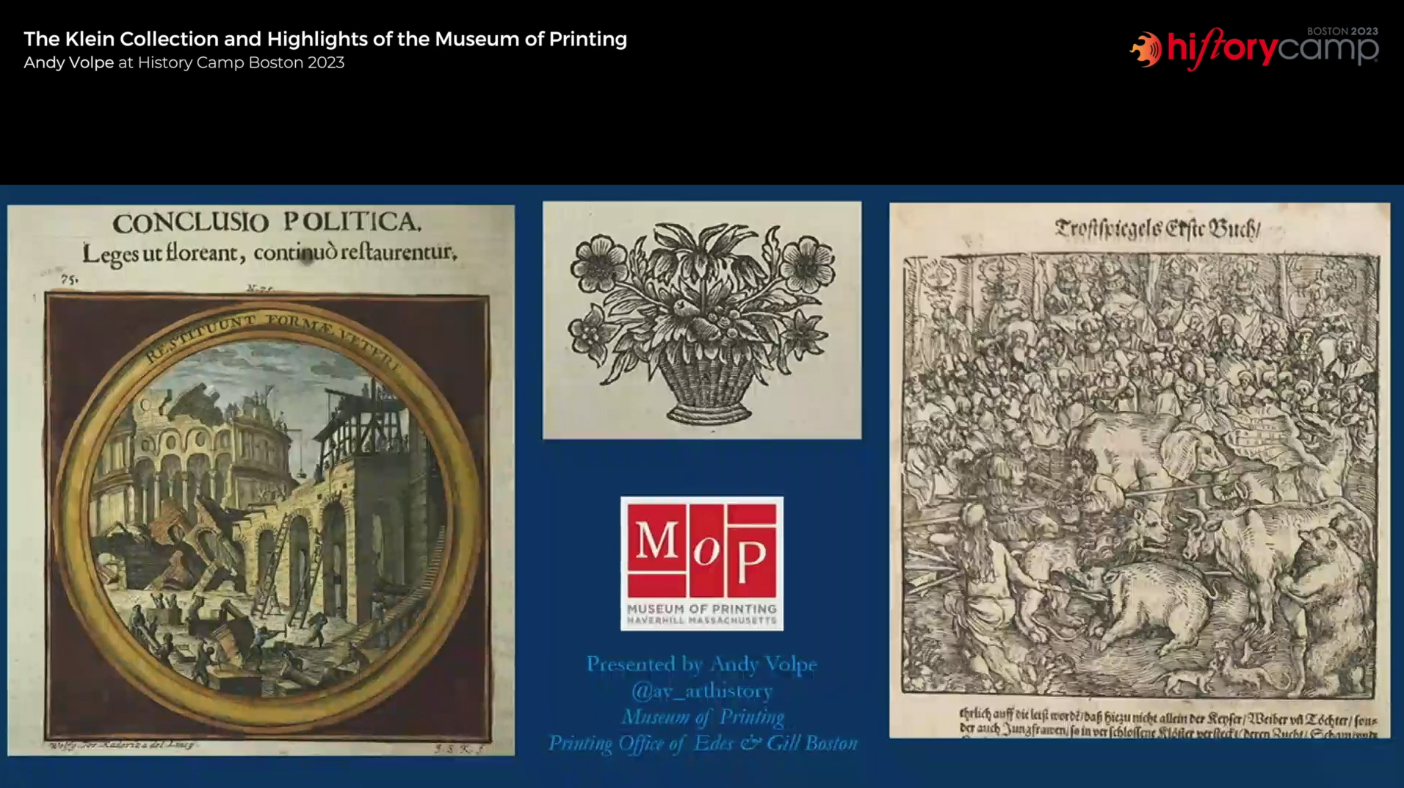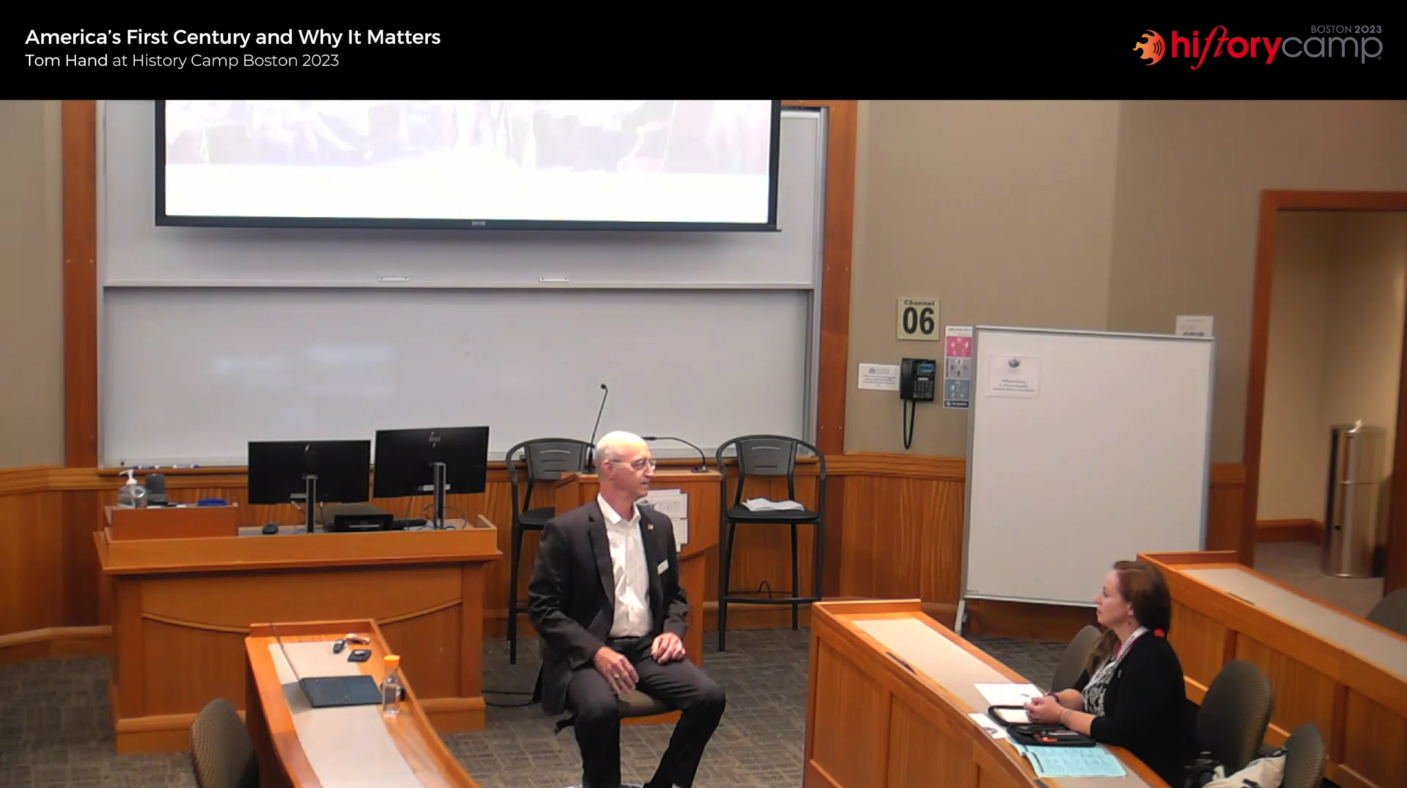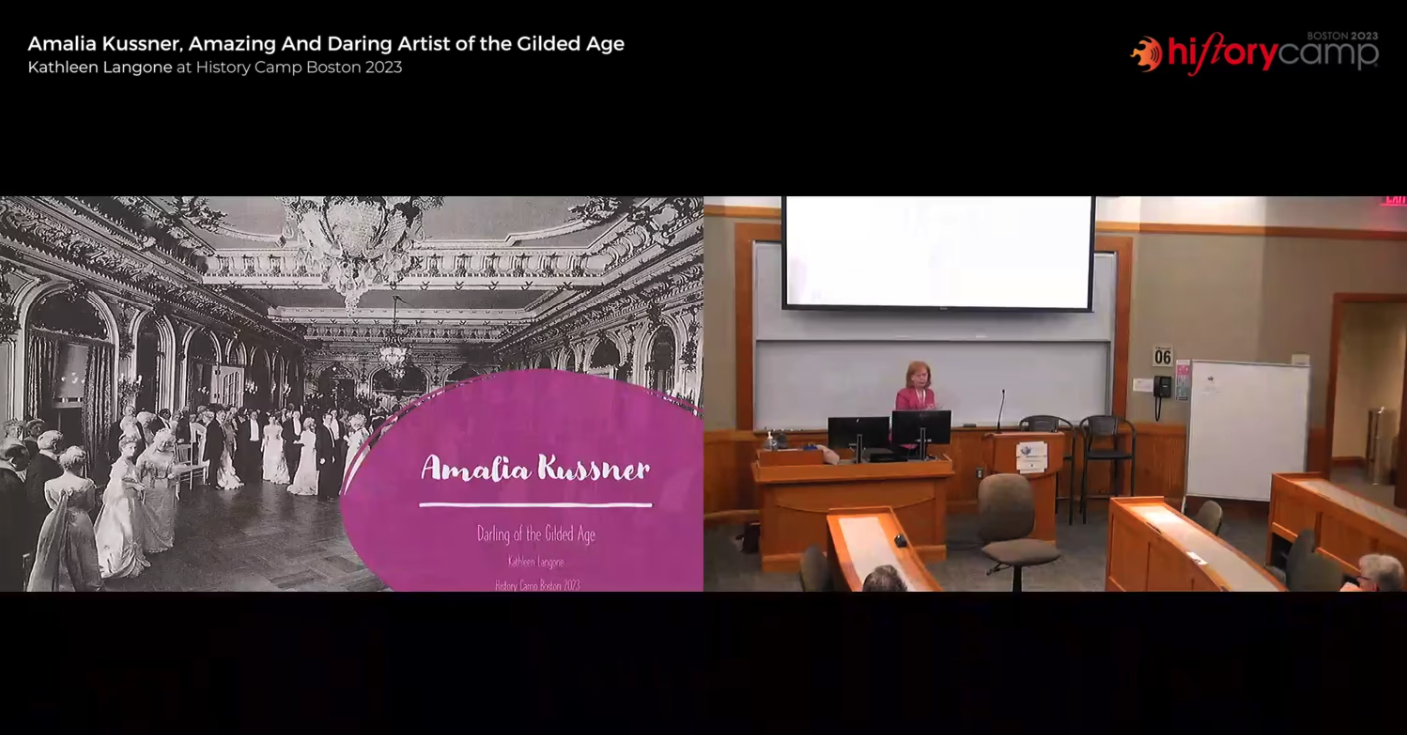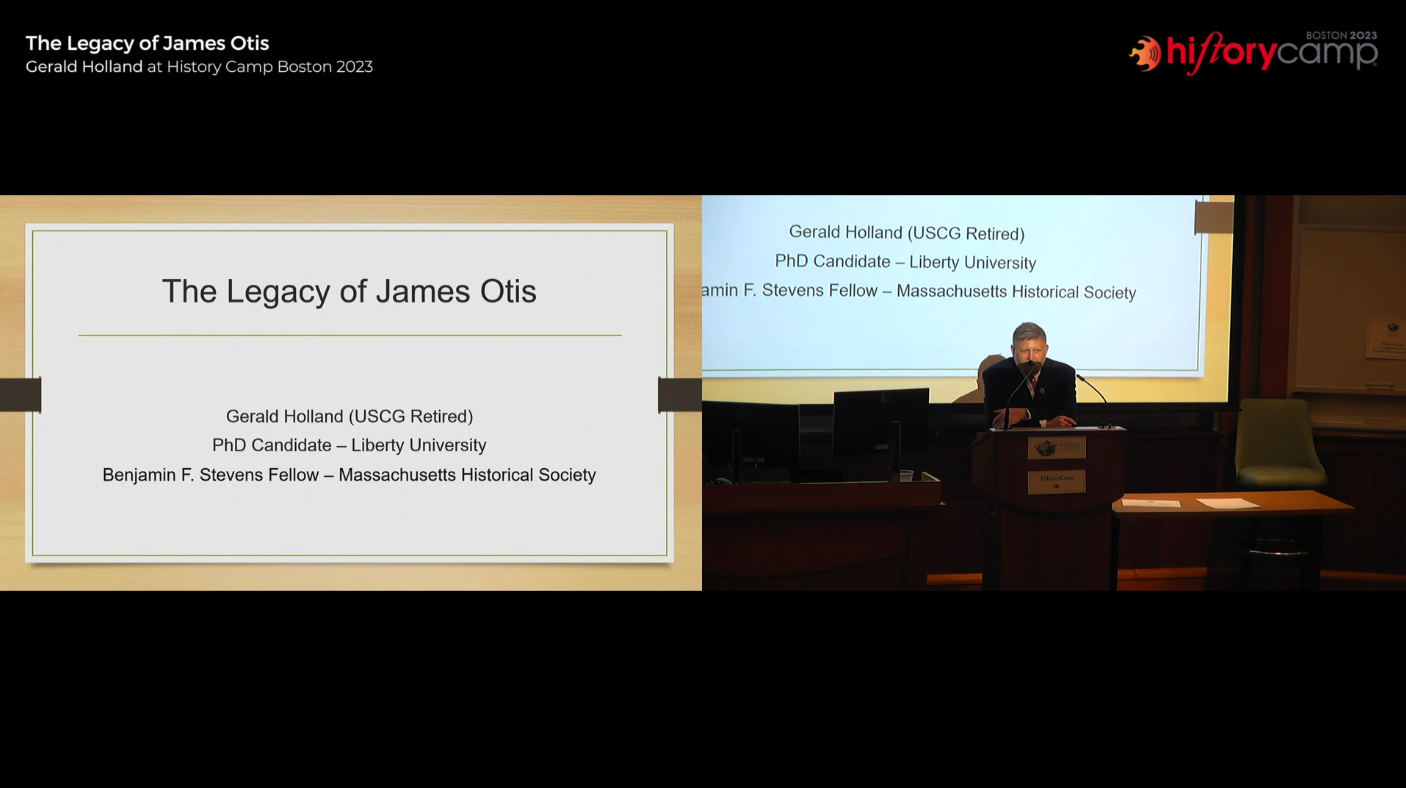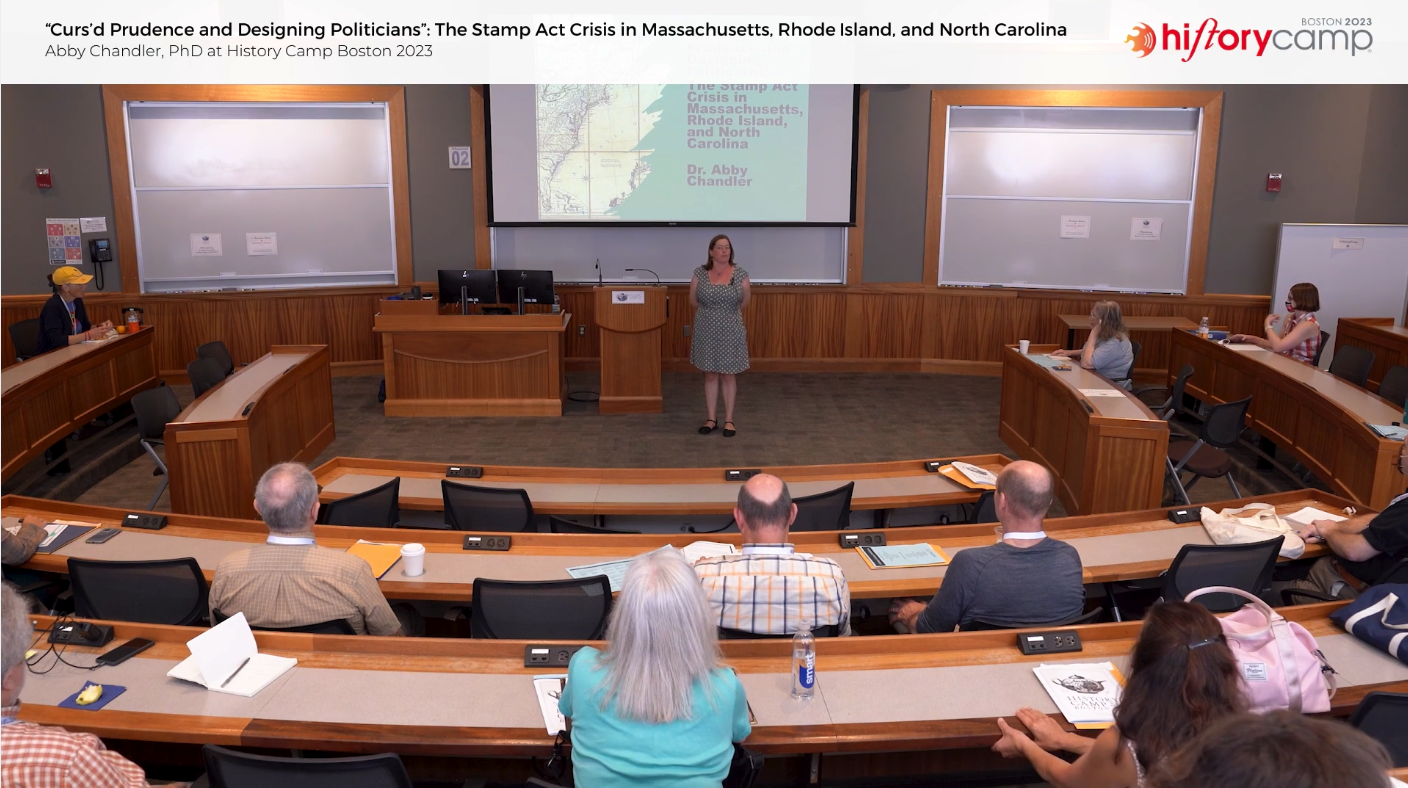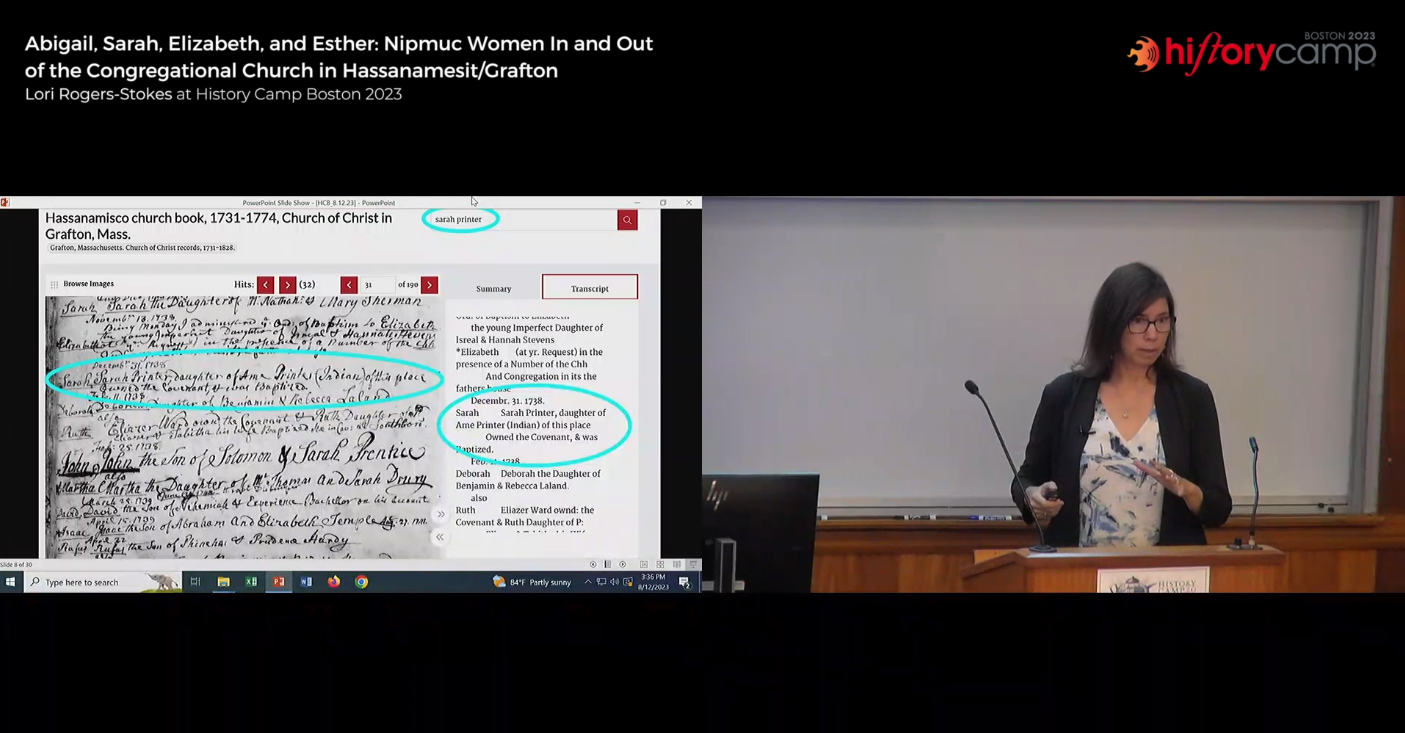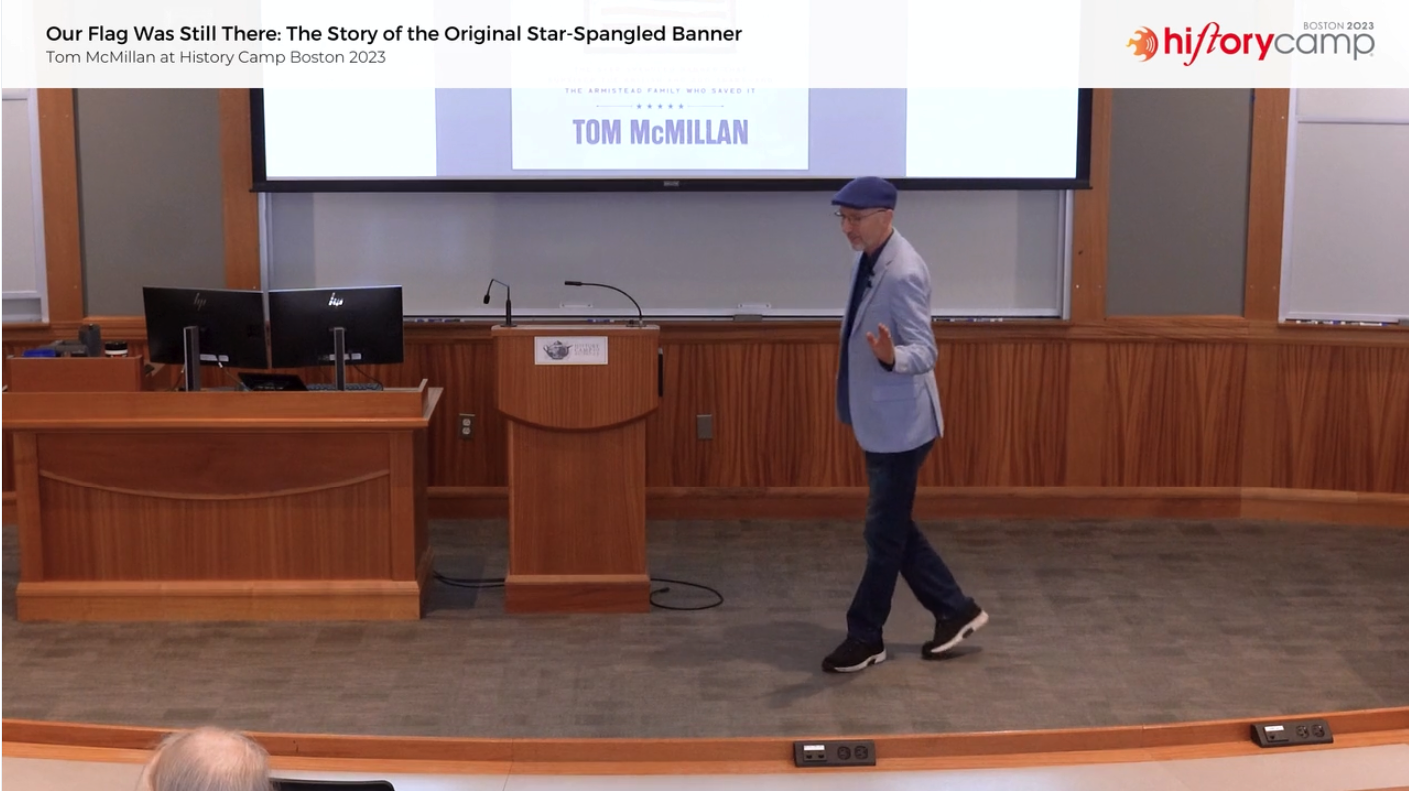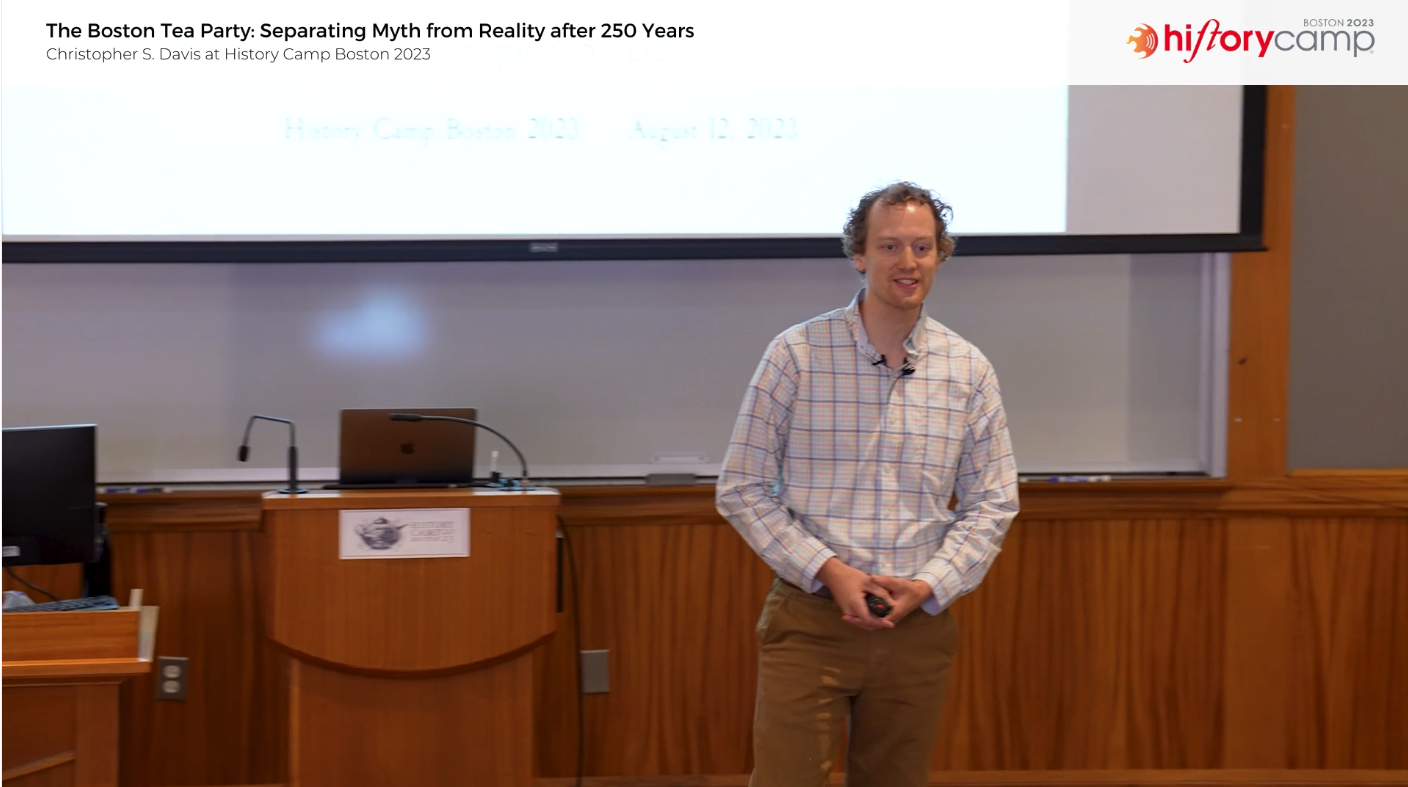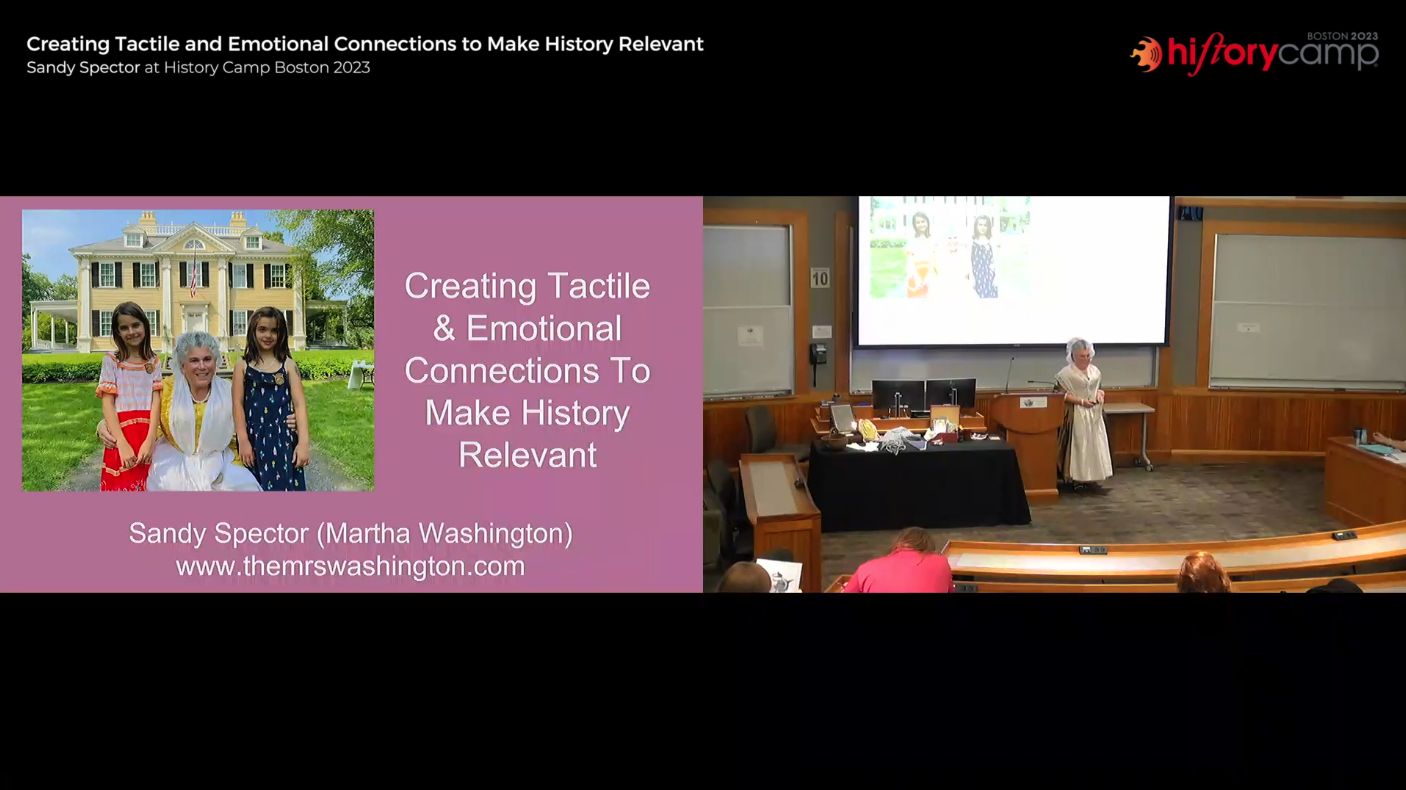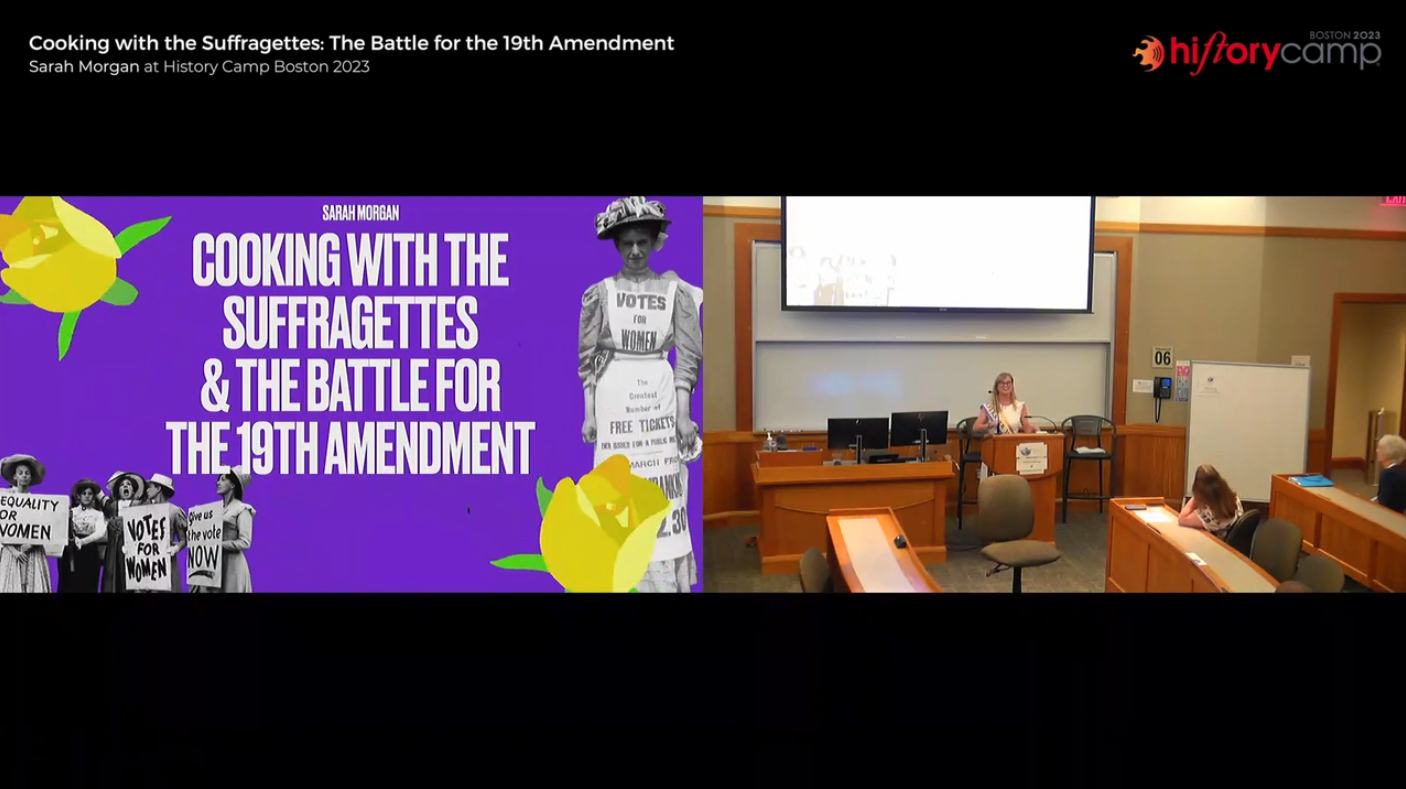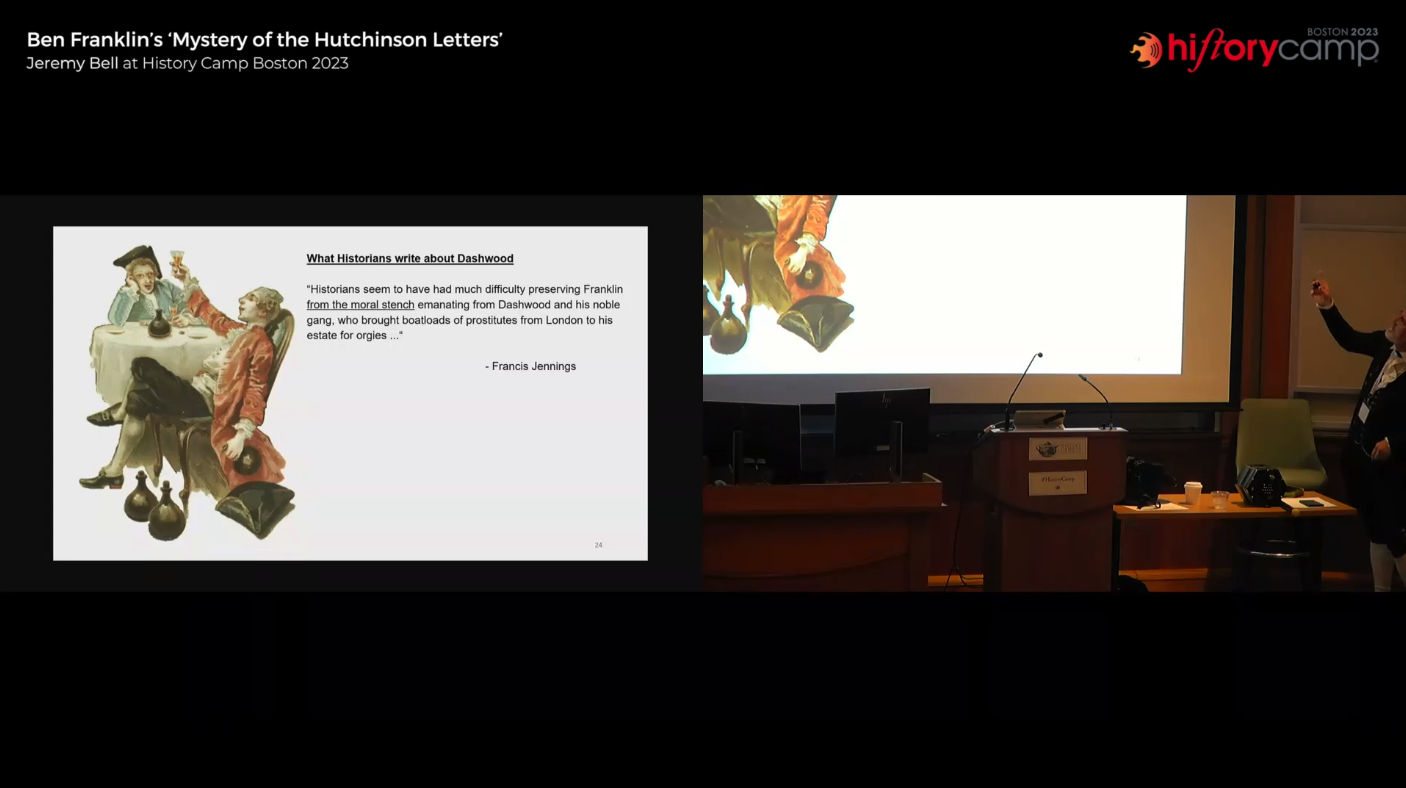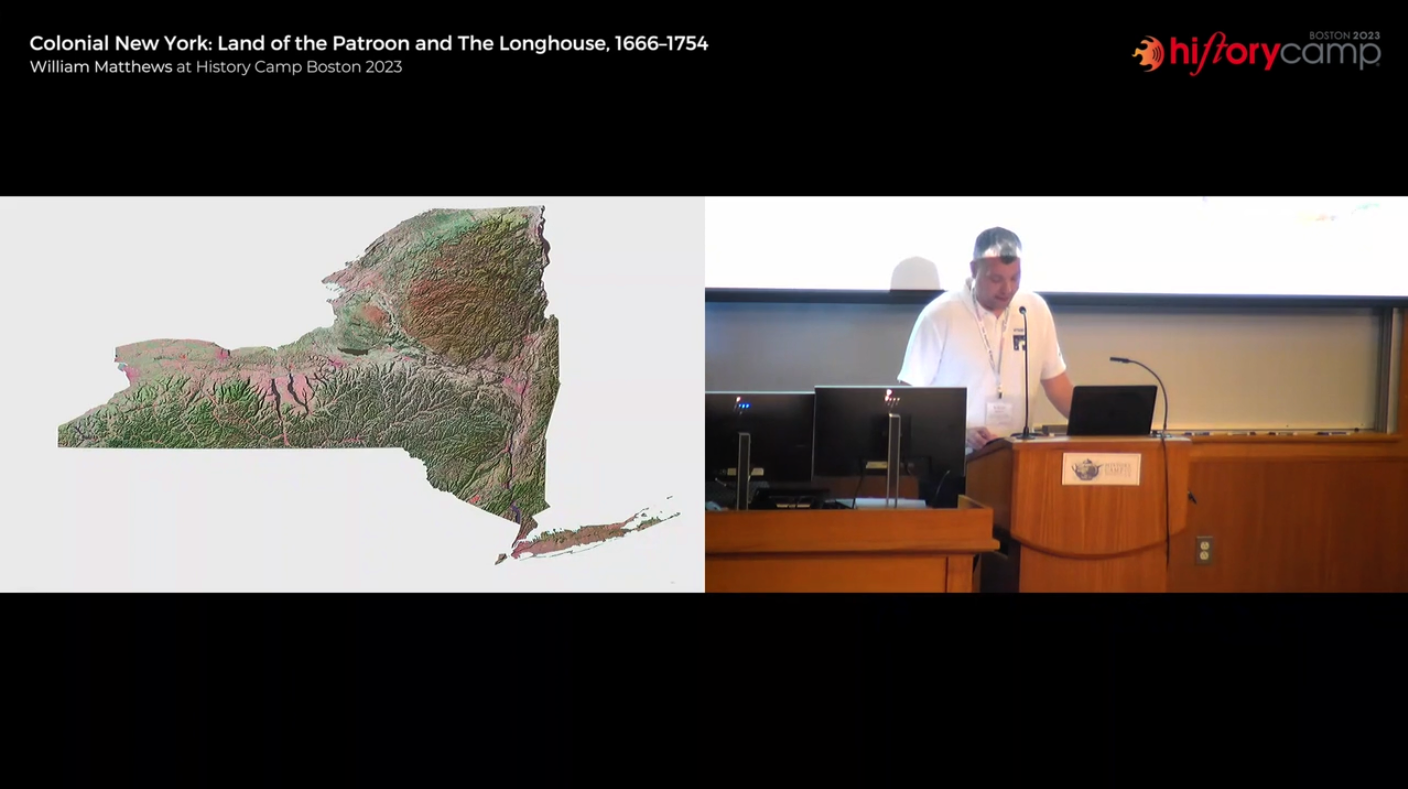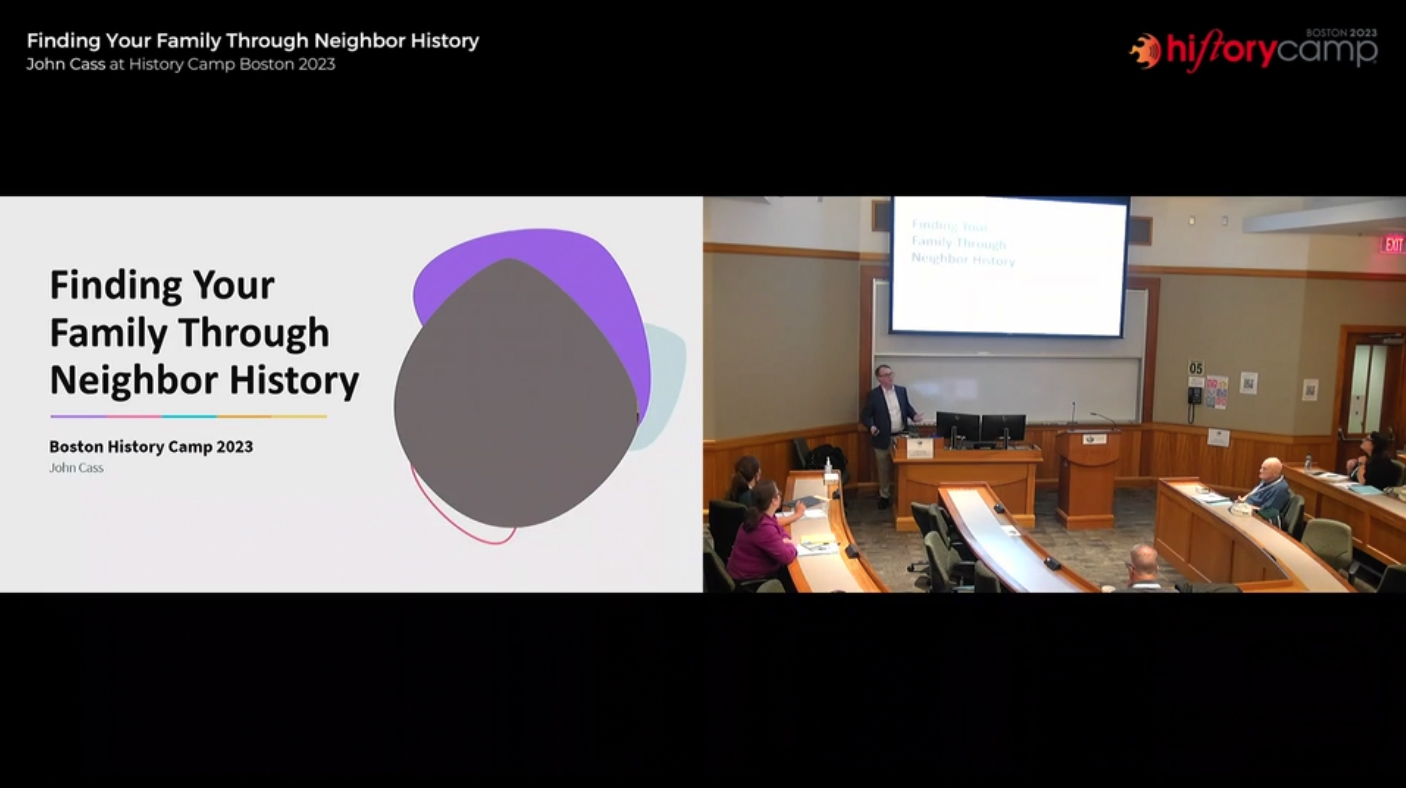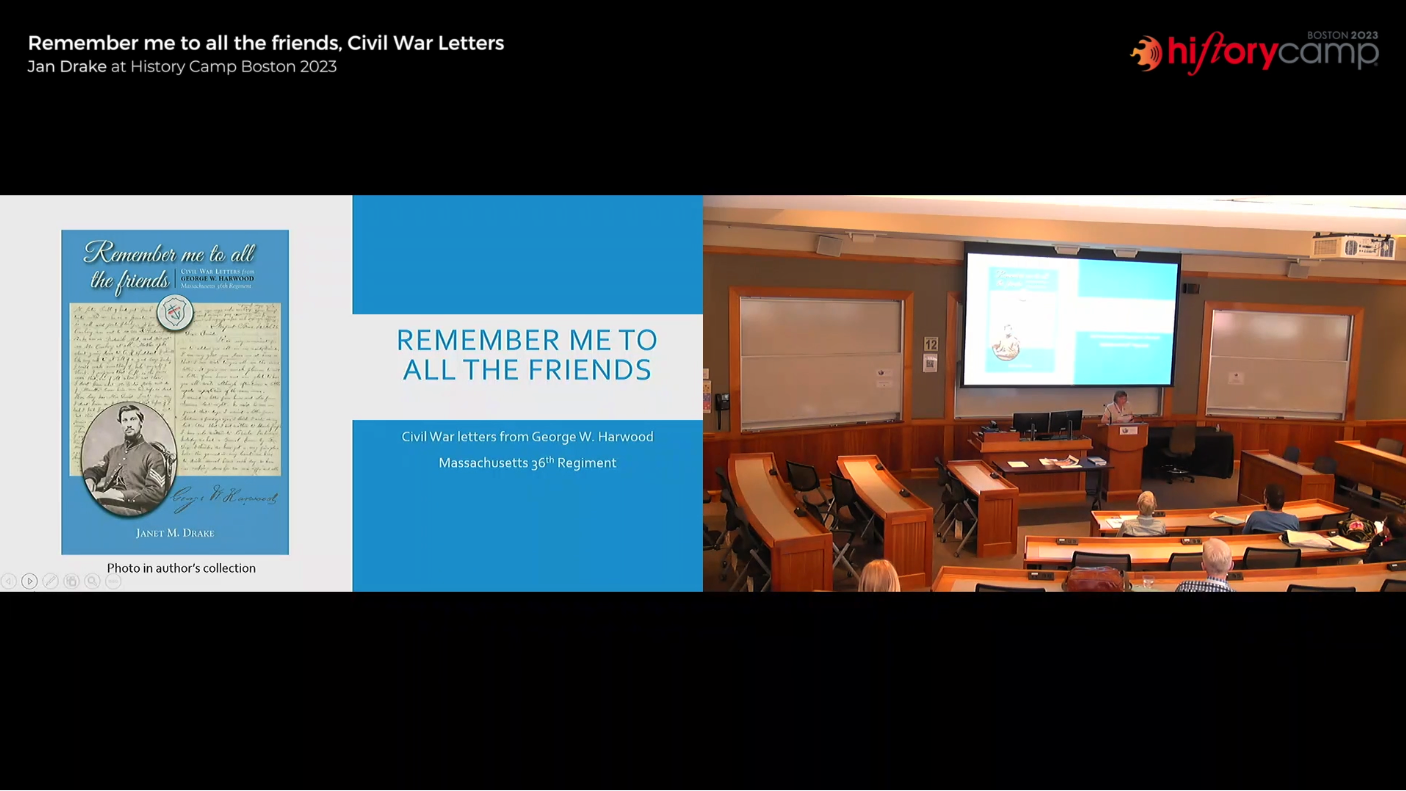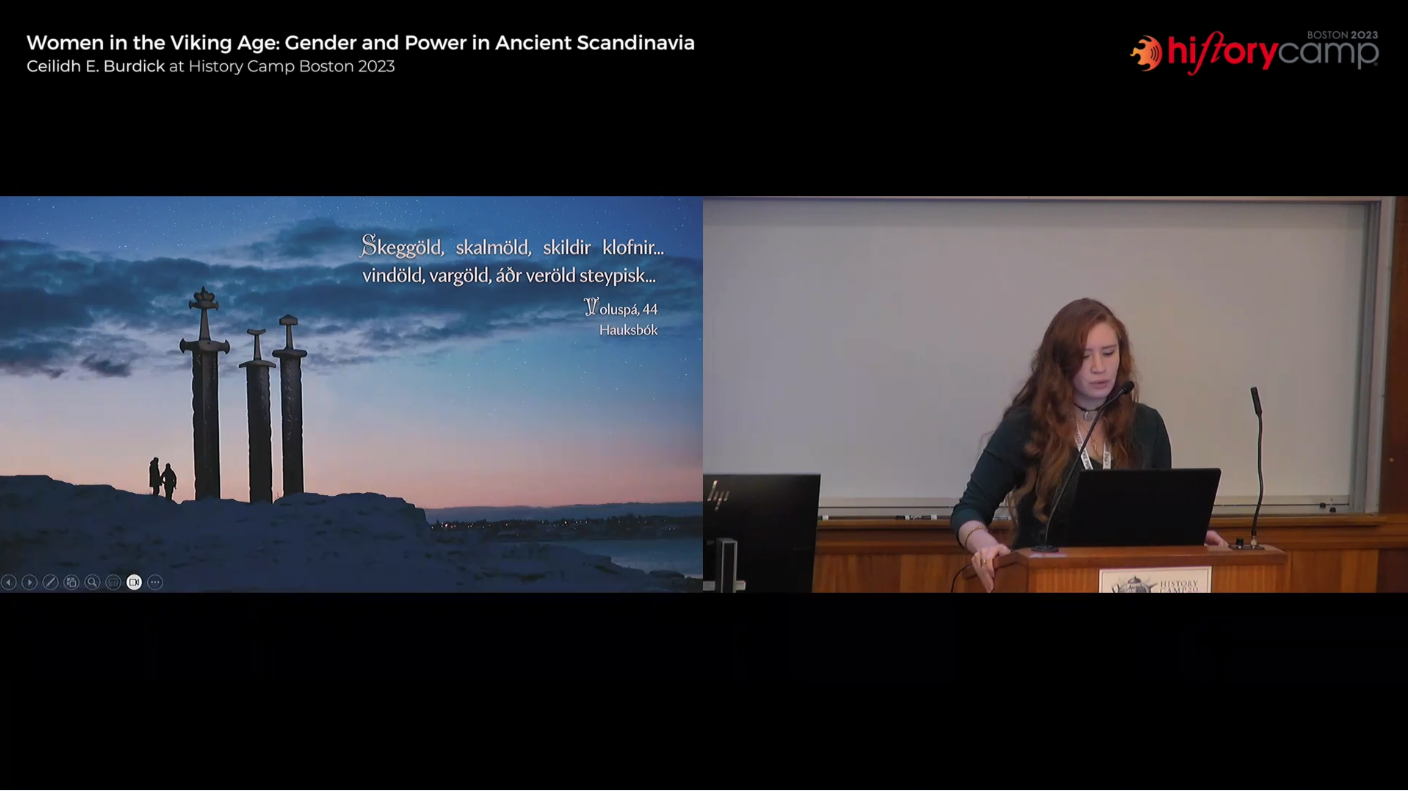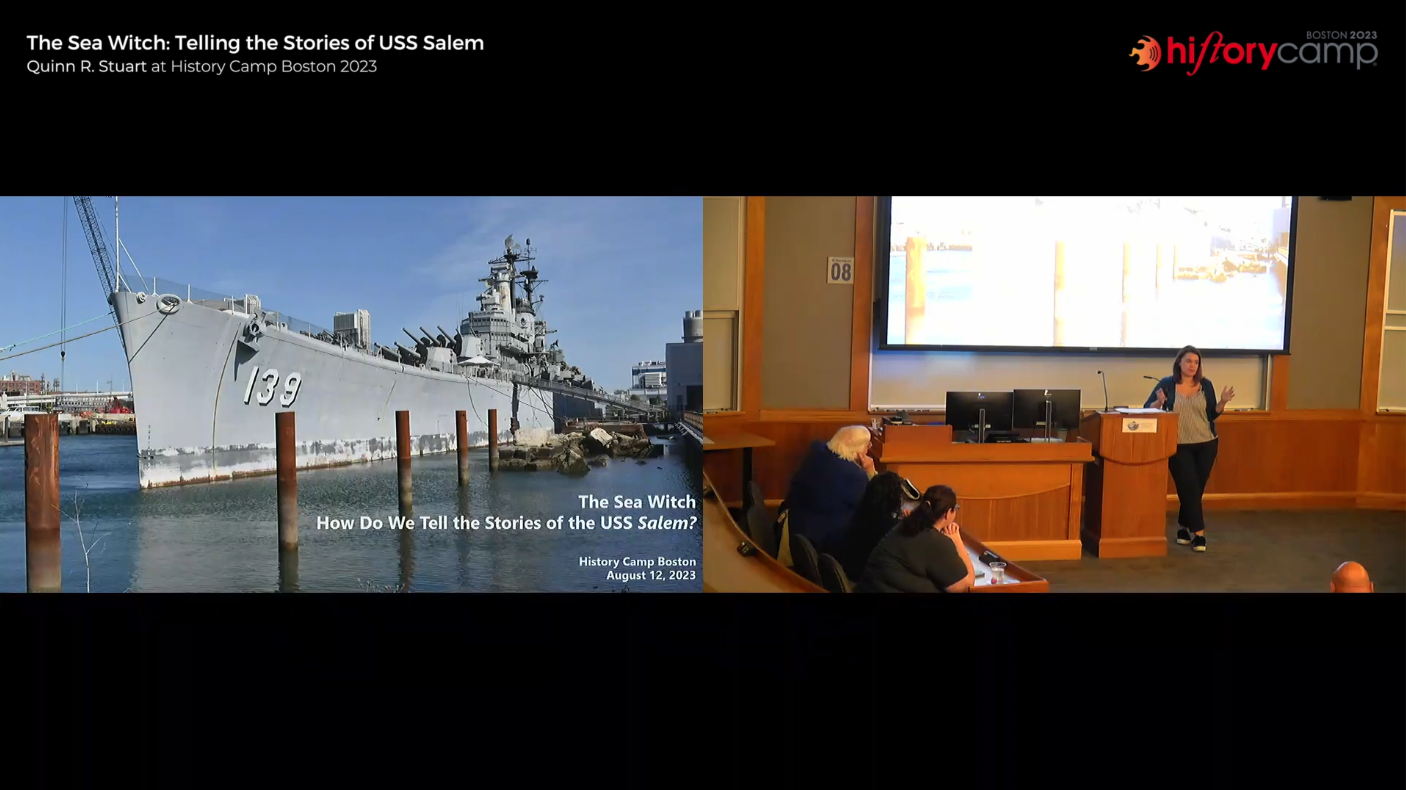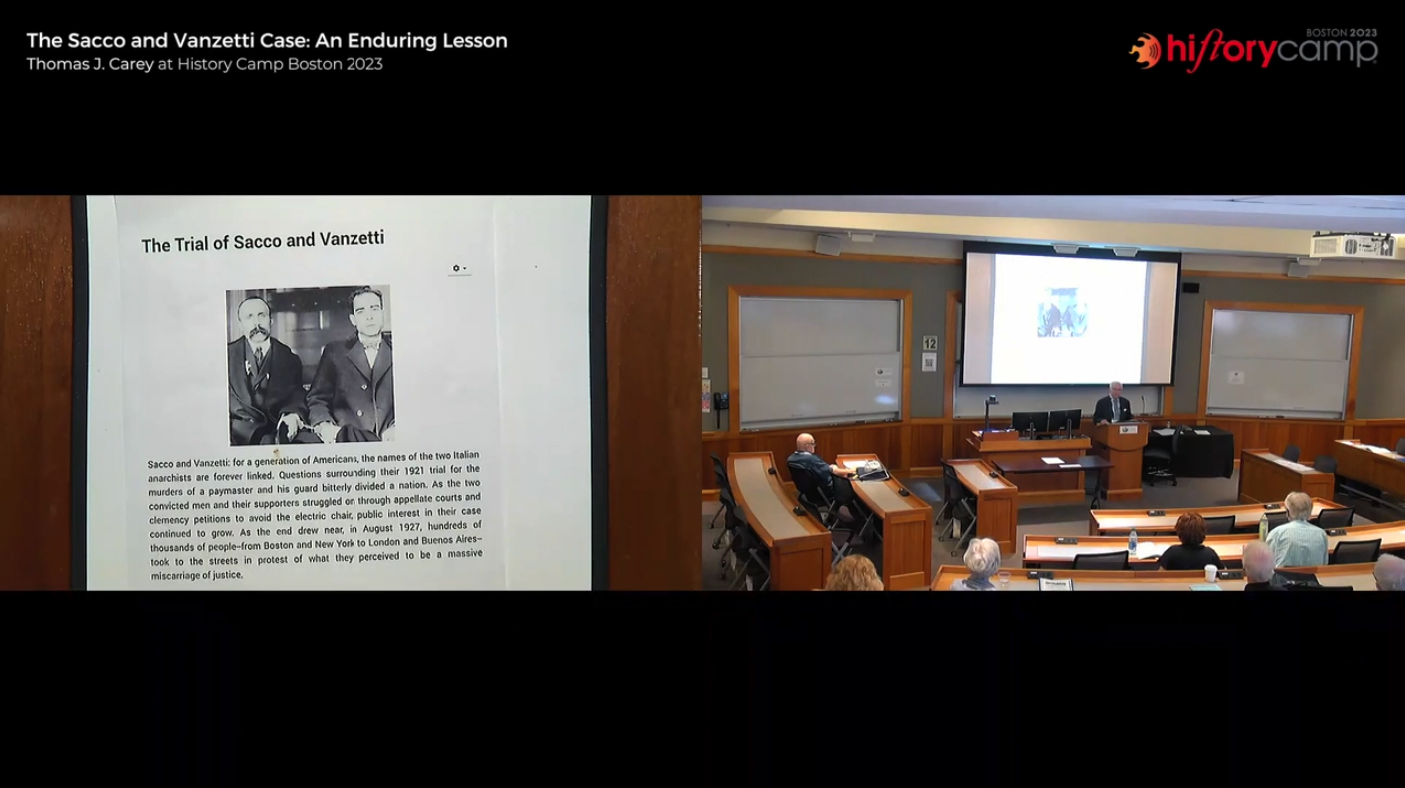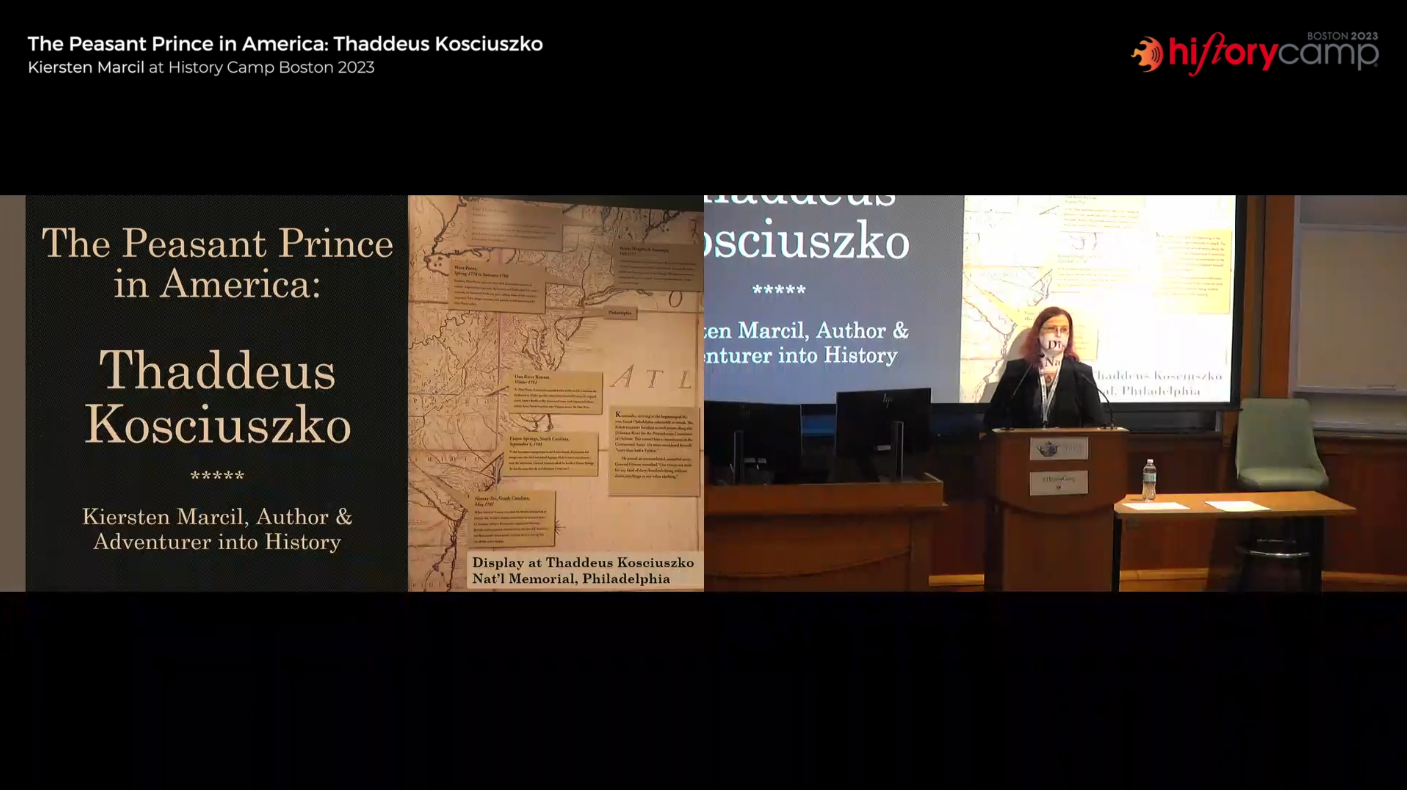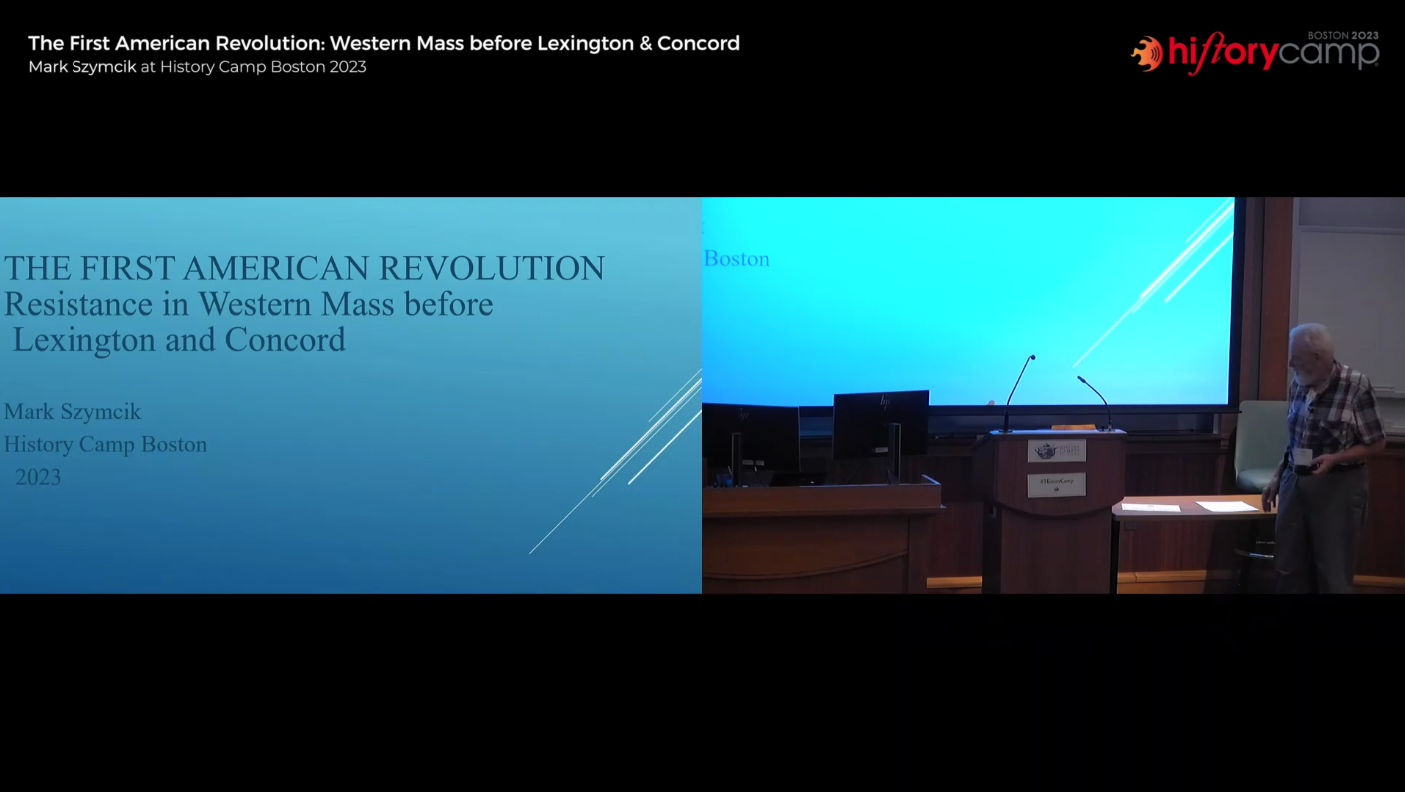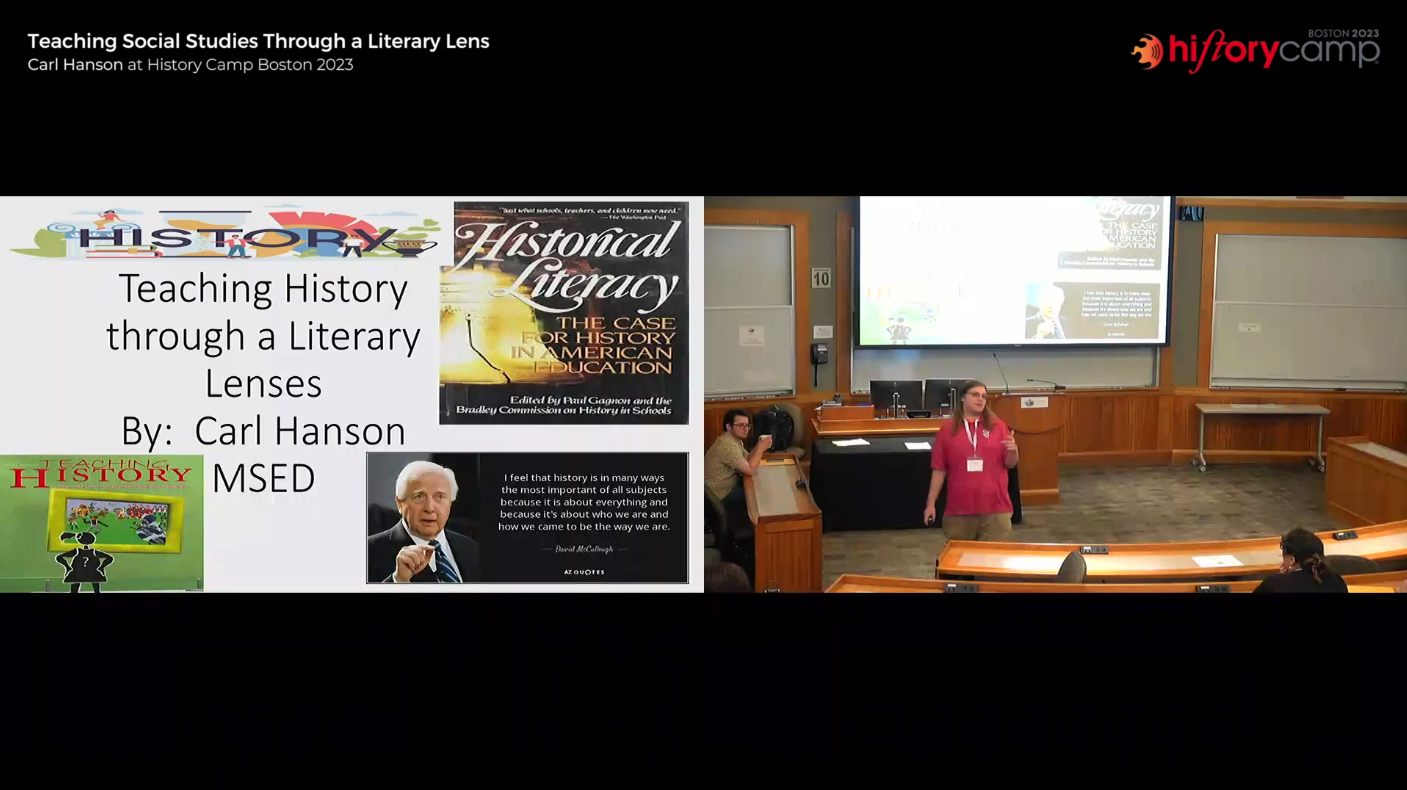Margo Burns
Where Have the Salem Witchcraft Documents Been Since 1692? A Story of Fascination and Preservation
In April 1952, playwright Arthur Miller went to Salem to do research for his play “The Crucible,” set during the witchcraft trials of 1692. He described the experience of seeing the original manuscripts at the Essex County Courthouse this way: “I wanted to study the actual words of the interrogations… often spelled phonetically in the improvised shorthand of the court clerks or the ministers who kept the record as the trials proceeded… Reading the testimony here beside the bay was an experience different from reading about the trials in New York. Here, it could have happened.” He is not alone: many people over the centuries have felt that same intensity about seeing the originals. In the early 1980s, that Court transferred the manuscripts of the Court of Oyer & Terminer into the care of the Phillips Library of the Essex Institute, the predecessor of the Peabody Essex Museum. In 2018, the Museum announced that it was moving them to its new state-of-the-art Collection Center in Rowley, despite public uproar that they were being moved out of Salem, where many people felt strongly that they belonged. Recently, the manuscripts were moved again, this time to where they actually do belong: the Massachusetts Supreme Judicial Court Archives at Columbia Point in Boston, joining another cache of original records of the episode. This is the story of where they have all been over the years, why some have been moved, and what the story is of the fascination with and preservation of the original manuscripts of this unique event in Massachusetts history.
[Recorded August 12, 2023]
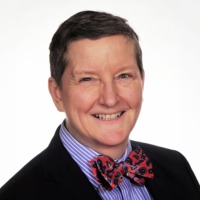
Margo Burns, AB, MA, (margoburns.com | Wikipedia.org) is the Project Manager and Associate Editor of Records of the Salem Witch-Hunt (salemwitchhunt.org), published in 2009 by the Cambridge University Press, the definitive comprehensive record of legal documents pertaining to the Salem witchcraft trials, organized in chronological order.

